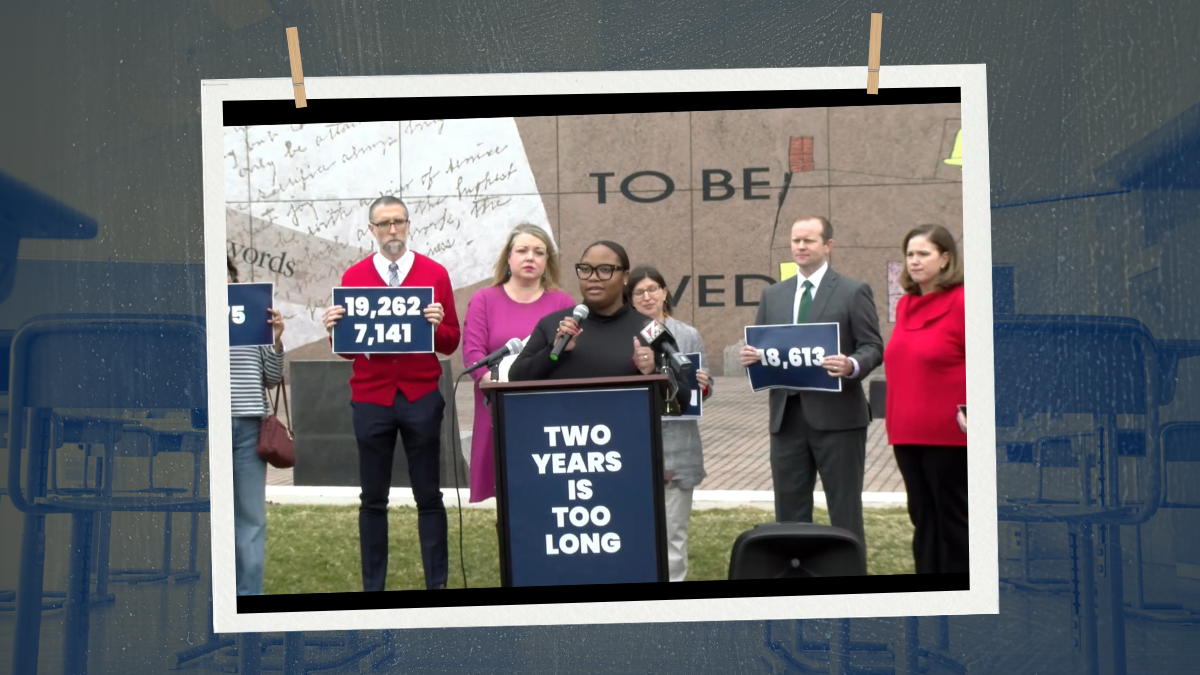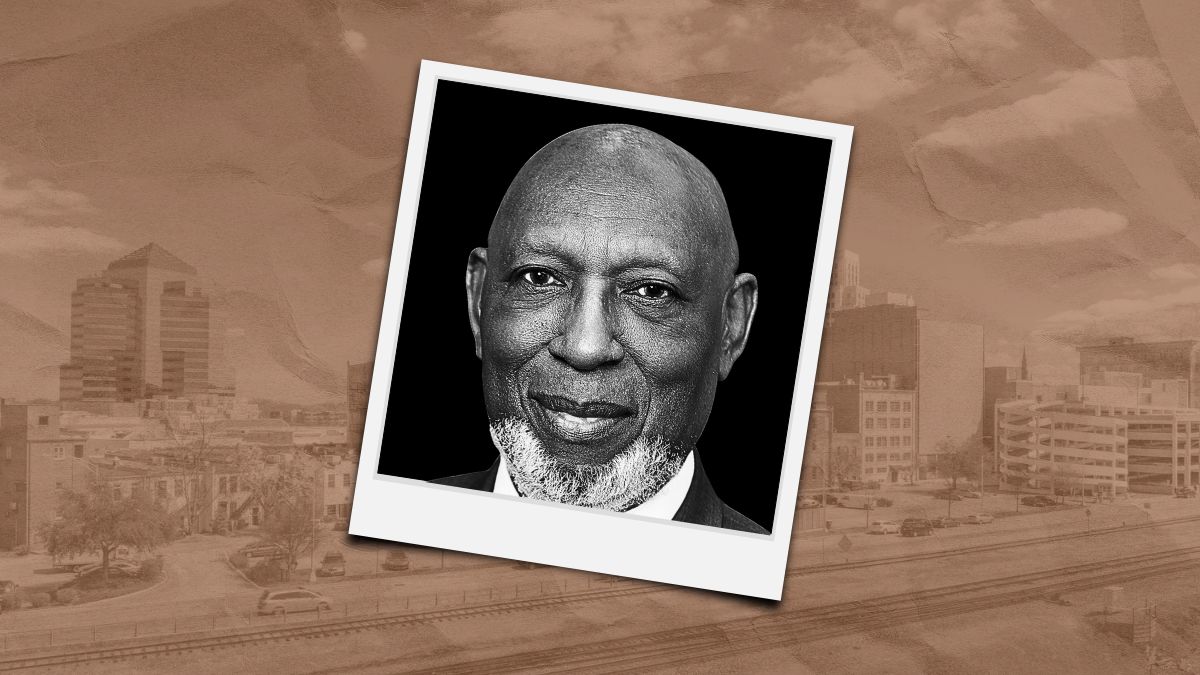Mission Hospital nurses and their patients are in the path of several runaway trains at once. But Mission’s struggles are not just about a single hospital: This is a national...
Read MoreMission Hospital nurses and their patients are in the path of several runaway trains at once. But Mission’s struggles are not just about a single hospital: This is a national...
Read More
Advocates argue that at a time when families are struggling to afford premiums, prescriptions, and medical bills, North Carolina needs leaders who will protect and expand access to care. Whatley’s record shows support for policies that would raise costs and weaken health care security for hundreds of thousands of North Carolinians.

North Carolina Governor Josh Stein’s Energy Policy Task Force released its interim report last month, with a set of nine recommendations for ensuring that North Carolinians have affordable, reliable, and clean energy supplies as demand for energy skyrockets in the state.

Estos desarrollos reflejan el continuo debate en Carolina del Norte sobre el papel de la detención migratoria, las condiciones en los centros de custodia y el impacto que estas políticas tienen en comunidades inmigrantes en todo el estado.

Mission Hospital nurses and their patients are in the path of several runaway trains at once. But Mission’s struggles are not just about a single hospital: This is a national problem.

Compared to 2025, Medicaid enrollment in North Carolina has gone down 22%, with 761,457 people enrolled this year. According to NC Health News, more than 200,000 North Carolinians lost their affordable coverage since the sunset of enhanced premium subsidies.

The current rise in home insurance rates places a heavy cost burden on a significant portion of Black households compared to other communities. According to data from Zillow, 19% of Black households nationwide are cost-burdened, compared to 12% of white households, 17% of Hispanic households, and 18% of Asian households.

“In the last two years alone in North Carolina, we have lost 19,262 teachers to other jobs; we have 7,000 teaching vacancies in the profession right now,” said Bryan Proffitt with NCAE, during the press conference.

Dos hermanos ciudadanos estadounidenses denunciaron que agentes del Servicio de Inmigración y Control de Aduanas (ICE) los perfilaron racialmente y los agredieron en Salisbury, Carolina del Norte, en medio de un aumento de arrestos migratorios en todo el país.

Mission Hospital nurses and their patients are in the path of several runaway trains at once. But Mission’s struggles are not just about a single hospital: This is a national problem.

“Duke Energy’s proposed rate hike is simply too high and comes as the company is also retreating on more affordable clean energy. At a time when families are struggling to make ends meet, we should be doing everything we can to make life more affordable, not less. I will continue to fight on behalf of every North Carolinian to lower costs and grow the economy,” said Stein.

In 2025, Rep. Majeed ultimately voted with Republicans 70% of the time– despite just 13% of his district voting for the conservative NC House candidate in 2024.

As the delay continues, schools are left deciding which services, programs, and staff members they can afford to keep. Across the state, teachers and other state employees are also dealing with rising bills and ever-increasing health insurance plans, with some seeing their monthly premiums nearly triple. With no budget to deliver much-needed raises, this amounts to a pay cut for many.

The Republican-led North Carolina Board of Elections has recently eliminated voting sites from several university campuses, including NC A&T State University, Western Carolina University, UNC Greensboro, and Elon University.

Willingham has voted with Republicans 83% of the time– the second highest rate of all Democrats in the General Assembly. With the help of Willingham, state Republicans were able to pass bills that officials and advocates warned would have detrimental effects to the residents of North Carolina, from higher electric bills to looser gun laws.